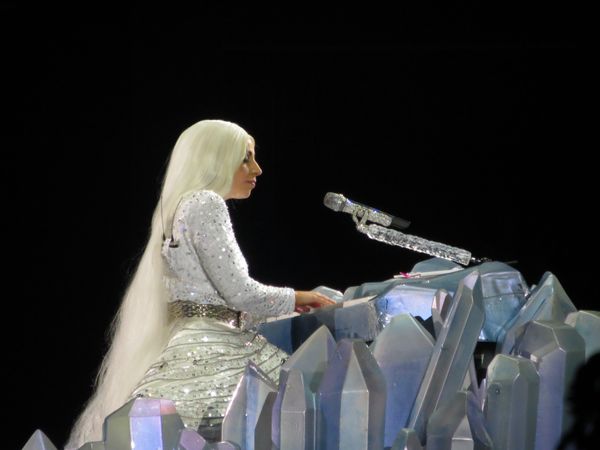Songs are musical poems. The lyrics bring up different memories based on personal experiences. The music guides memories to a certain genre. Using "Only Love" by Jordan Smith, I will demonstrate how the impression of lyrics is influenced by tempo.
Without music, lyrics are poems that can be analyzed for themes. The first line includes the word "we," which inferences two situations: omnipresent "we," or there are two people in the song. The first verse indicates right off the bat that something is wrong. The pre-chorus is a clever connection to the ending of the first verse: "we can wish until the well runs dry" and "sky… runs out of every single shooting star." Both illustrate the concept of hopelessness. The theme of this song is acceptance, as shown in the line, "see us for who we are." The repetition of "if only there was only love" indicates the author's suggestion that love is the only way people can be accepted for who they are.
By changing the tempo, the song loses emotions. The original music of the song makes the song full of yearning. The piano and strings give the song a soft sound. The tempo of the song is about 70, not really fast-paced. The falsetto to belting transition in the bridge of the song was spectacularly done and illustrates longing for an ideal love. By using YouTube's speed feature, the music could be sped up 1.25, 1.5, and 2.0 times faster. By setting the song it to go 1.25 times faster, the song's hopefulness is not lost. However, the faster the tempo, the less dramatic. What was supposed to be loud and emotional simply turns out to be too loud. The range of emotion in Smith's voice is lost.
Tempo affects the song by changing how the audience perceives the emotion. The long belt at the end of the song is no longer powerful. It's just another note. Since the tempo refers to time, the audience absorbs the lyrics at different paces according to the tempo. Perhaps this is why ballads have a slow tempo.



















